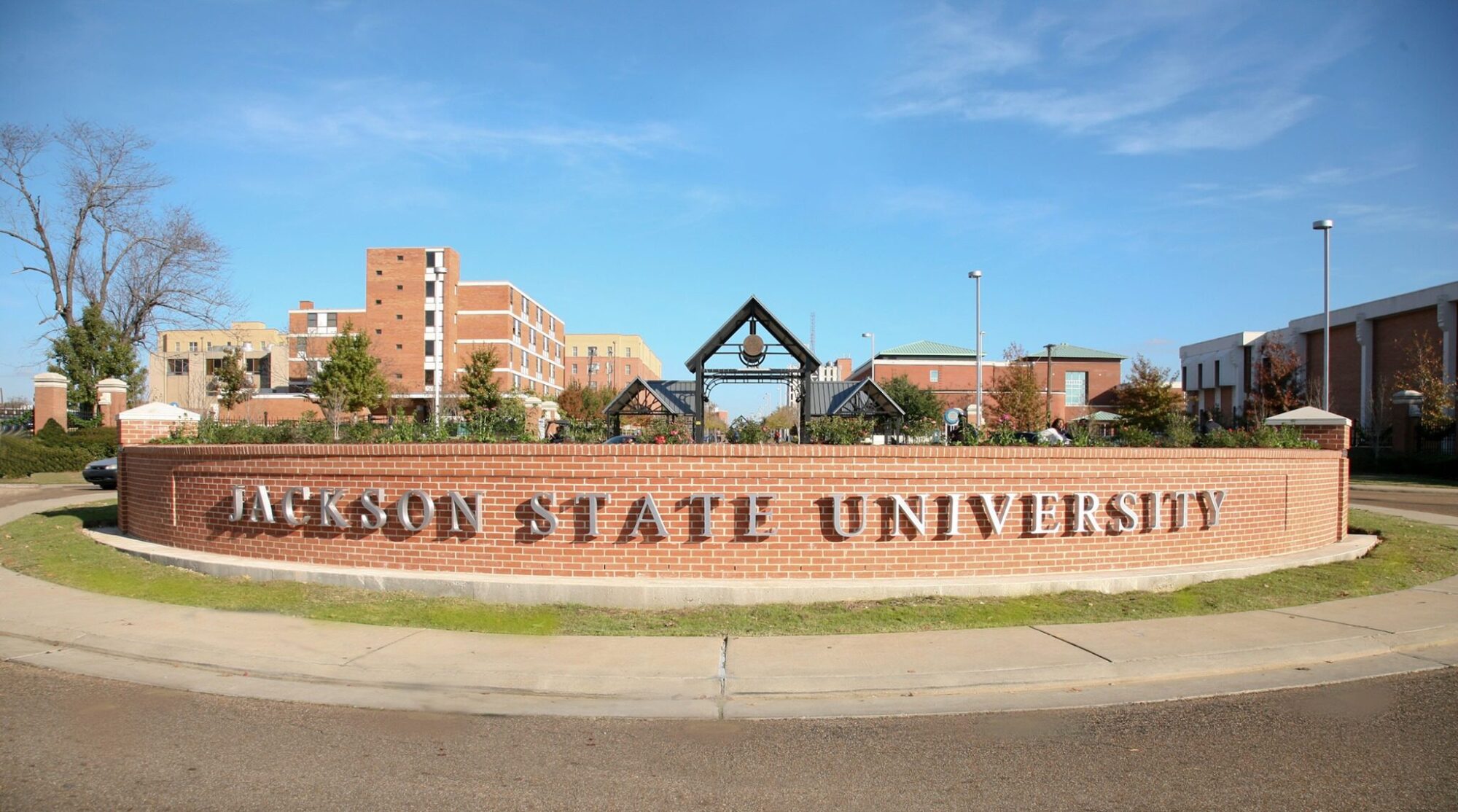[ad_1]

Jackson State College (Picture from JSU Fb)
In early June, we had the distinct pleasure of becoming a member of a gaggle of inspiring younger minds at a STEM summer time camp, hosted by Jackson State College and Rice College’s Tapia Heart, and sponsored by ExxonMobil. What the scholars skilled went past theoretical discussions by incorporating guided experiments, hands-on actions, and instruction from business consultants in carbon seize and storage (CCS), an business that guarantees to profit our state’s workforce and economic system for many years to return.
The camp convened 60 outstanding college students from throughout Mississippi on the Jackson State campus, for free of charge to their households, for a week-long immersion in science, know-how, engineering, and arithmetic. The attendees discovered easy methods to simulate an underground reservoir mannequin that shops carbon dioxide utilizing home items like beans, Play-Doh, pasta, and vegetable oil. By this train they discovered first-hand how we are able to use fashionable know-how and our state’s geology to cut back airborne pollution. Additionally they gave shows summarizing all the pieces they discovered through the camp.
Past the Classroom: Experiential Studying with Carbon Seize Applied sciences
Alternatives like these are extra than simply academic experiences – they’re home windows into the longer term. For the scholars, they supplied a glimpse into what a future profession within the STEM fields would possibly appear like. These distinctive insights are essential, significantly for college students from underserved communities, to light up a profession pathway in a rising subject that would rework their lives. In the meantime, as attendants representing the communities we serve within the Mississippi Home of Representatives the occasion provided a promising outlook into what a future fueled by CCS would possibly appear like in our state.
So, what’s carbon seize and storage? The method is impressed by the identical elementary ideas the scholars noticed when constructing fashions out of Play-Doh and beans – capturing carbon from industrial amenities and injecting it deep underground for everlasting safekeeping. CCS initiatives usually seize carbon by means of a chemical course of contained in the fence of an present energy era or manufacturing facility, then transport it by way of pipeline to injection wells that ship it at the very least a half a mile or extra underground, far under the floor, into distinctive rock formations that safely retain it. This course of is remarkably efficient at lowering emissions, with research exhibiting that it could possibly assist industrial amenities like manufacturing hubs and oil and pure fuel refineries minimize their CO2 emissions by as much as 90%.
These reductions will assist to help underserved communities all through our state, which have traditionally confronted disproportionate local weather impacts. Nevertheless, CCS is not going to simply assist our state’s communities by cleansing up our air but in addition create a wealth of recent alternatives.
As business companions like ExxonMobil proceed to make vital long-term investments in our communities, they’re signaling a future during which Mississippi might turn into a pacesetter in carbon seize. With the correct instruments in place, we might be positioned to draw the following multi-billion-dollar producer to our state and permit present industries to compete globally for purchasers that need low-carbon merchandise. By responding to this new market, we might create tens of hundreds of recent jobs and preserve the amenities that already present financial alternatives for hard-working folks throughout Mississippi.
If we discovered one factor from our time on the STEM summer time camp at Jackson State, it’s that CCS will play a necessary function in Mississippi’s future. By prioritizing CCS and dealing with business companions, we’re committing to a cleaner and extra sustainable future for the Magnolia State and the development and prosperity of underserved communities statewide.
[ad_2]
Source link



